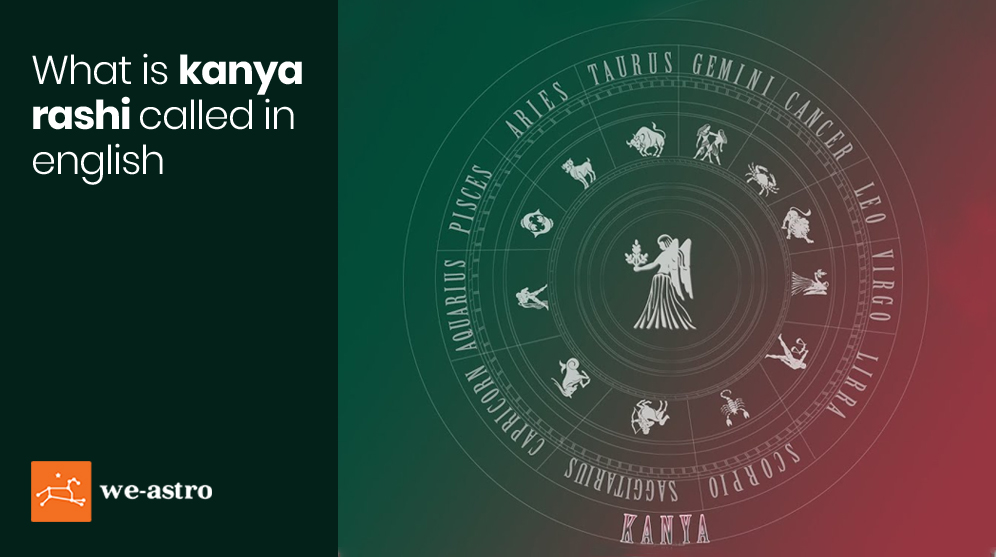Exploring the Vibrant Spectrum of the Vishnu Sahasranamam: A Journey into Hindu Mantras
Discover Vishnu Sahasranamam, a powerful Hindu scripture revered for its thousands of names of Lord Vishnu, celebrating divine wisdom and protection.

The Vishnu Sahasranamam is an integral part of the ancient Indian epic, Mahabharata, found in the Anushasana Parva's 149th chapter. This Sanskrit hymn, which 'Vishnu Sahasranamam' translates to 'thousand names of Vishnu', is one of the most sacred and revered stotras in Hinduism. This hymn pays homage to Lord Vishnu, the preserver in the Hindu Trinity, enumerating his thousand names and recounting his divine qualities.
Reciting the Vishnu Sahasranamam is said to bring peace and tranquility to the mind and soul, allowing devotees to connect more deeply with the divine. Each of the thousand names of Vishnu holds profound meanings, symbolizing his countless attributes and actions. The recitation is not just a devotional act but also a meditative practice that helps the devotee gain a better understanding of life and spirituality.
Beyond its religious significance, the Vishnu Sahasranamam is also recognized for its literary excellence. The richness of Sanskrit language and the profound philosophical ideas embedded in the hymn make it a treat for scholars and enthusiasts of language and philosophy. The stotra addresses universal aspects like dharma (righteousness), artha (wealth and prosperity), kama (desire and worldly pleasures), and moksha (liberation), making it a comprehensive guide for a balanced, fulfilling, and enlightened life.
In the modern world, with its hectic and stressful lifestyle, the Vishnu Sahasranamam serves as a spiritual anchor, providing strength and solace to the devotees. The practice of reciting these potent verses daily has the power to bring about a positive change in one's life, enabling one to lead a life of peace, wisdom, and fulfillment. Indeed, the Vishnu Sahasranamam is not just a chant but a way of life!




